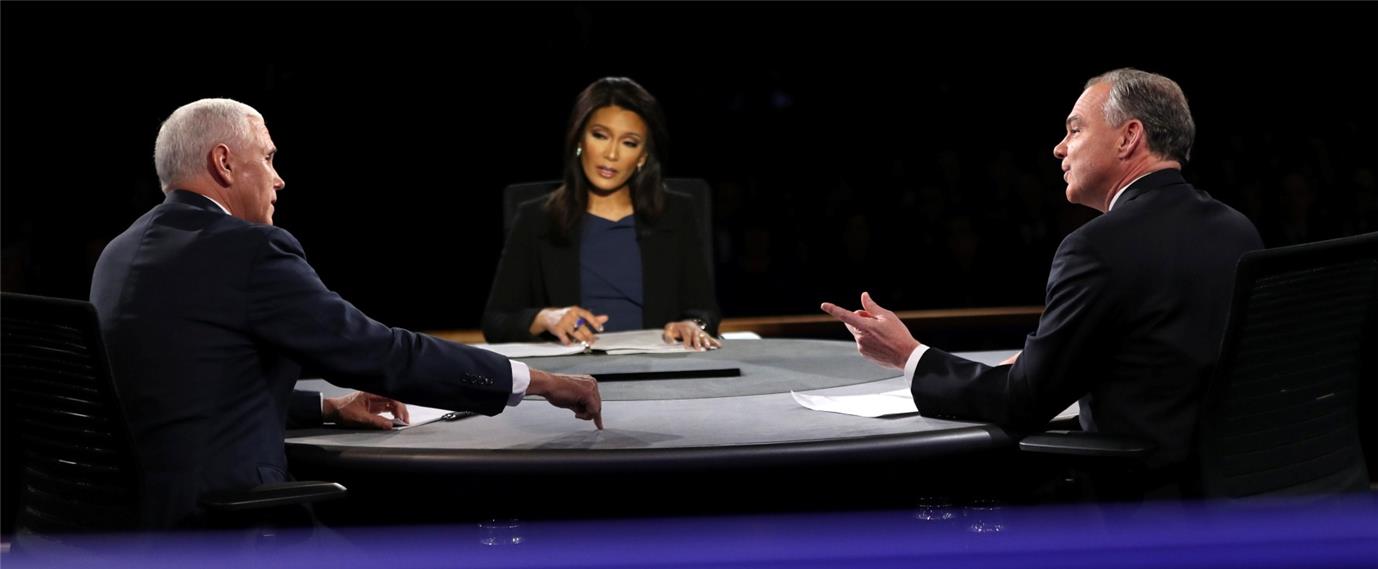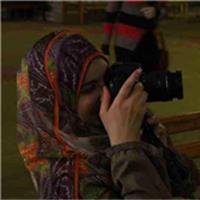عادة ما تخطف أبصار الناس مشاهد أولئك المغامرين الذين يسيرون على حبال رفيعة فوق ارتفاعات شاهقة. وقد تمرّ على المشاهدين لحظات من التوتر والخوف والترقب وأحيانا الانفعال الحركي، إن اهتز المغامر أو بدا أن توازنه قد اختل وكاد أن يسقط.
والأمر نفسه يتكرّر مع الصحفي الذي سيجد نفسه مضطرا لممارسة رياضة التوازن يوميا، ليتجنب السقوط.. يحدث ذلك في كل مرة يمسك فيها الصحفي قلمه أو يخرج على الشاشة ليتناول موضوعا جديدا، ويكون عليه أن يتوازن في جميع مناحيه، فيكون عادلا ومنصفا ومحايدا بين أطرافه، تاركا الحكم والميل للجمهور.. يحدث ذلك في كل يوم تحت مظلة تسمى "التوازن الصحفي".
حيث يمثل التوازن قدرة الصحفي على احترام العقل والوعي الجماهيري، وتحليه بالتجرد والحياد في جمع المعلومات عن الحدث (أو القضية) الذي يغطية بشكل يضمن شمول معلوماتة لكافة أبعاد وأطراف الحدث، ثم قدرتة على التمثيل العادل لهذه الأبعاد أو الأطراف أثناء كتابة الموضوع الخبري بعيداً عن آرائة وميوله الشخصية، وانطلاقا من المصلحة الوطنية، بما يضمن تصوير الحدث (أو القضية) محل التناول في حجمه الحقيقي بحيث يتلائم الموضوع الخبري مع حجم الحقائق التى تم جمعها دون تهويل أو تهوين أو فتور أو مغالاة، فيصل المنتج النهائي لهذه العملية إلى الجمهور مصورا لحقيقة ما حدث تاركا له مهمة تقييمه وتشكيل الرأي حيالة.
الوقوف في منتصف الحبل
تقول بودانا ساندرين إنه لتحقيق التوازن "ينبغي التمييز بين مرحلة جمع الأخبار ومرحلة نقلها"، ففي مرحلة جمع البيانات: يكون على الصحفي أن يصل لجميع المشاركين في الحدث بكل حياد، مهما تكبد من عناء. قبل أن ينتقل إلى مرحلة رواية الحدث: وهنا تكون نقطة الوسط في ذلك الحبل الرفيع الذي يسير عليه الصحفي، ليجد ذلك السؤال الذي يطرق رأسه: ماذا لو علمت أن أحد الأطراف على حق؟ وهنا يضطر الصحفي للنظر إلى كل الحدث ليقيم جوانبه كلها (المتصارعة والمتكاملة والمحايدة)، ثم يصل أقصى درجات الخطر فيطلق حكمه بناء على الحجج والأدلة المقدمة من الأصوات المتنافسة، والمصادر المختلفة (1).
وكما المغامر على الحبل الذي يكون معيار توازنه هو ثبوته عليه، يكون معيار توازن الصحفي الذي يفصل في كل تساؤلاته هو"صالح الجمهور"، فهو لا يلقى رسالة في الفراغ لن يراها أحد، وإنما جوهر عمله أنه يعمل ليصل إلى الجماهير. فإذا عرف بشكل يقيني أن الحق مع أحد جوانب الحدث دون الآخر، يكون التوازن في هذه الحالة بالوقوف مع الحق القاطع الذي يتأكد وجوده، طبقا لحجم وجوده في الحدث دون إفراط أو استقطاب، بما ينمي المعرفة الجماهيرية ليرتقي في النهاية بالوعي الجماهيري.
وذلك حتى لا يكون الحياد في هذه الحالة نوعا من التمويع للقضية محل التناول، ومثال ذلك: قضية الضربات الإسرائيلية المتتالية على غزة والحصار الطويل الذي فرضته عليها وراح ضحيته الكثير من الأطفال والنساء والشباب، فهنا يكون من الإجحاف أن يعرض الصحفي وجهات النظر والمبررات الإسرائيلية لذلك بنفس مقدار عرض الجوانب المتعددة للأزمة الفلسطينية التزاما منه بالحياد والتوازن، لأن هذا لن يكون إلا توازنا مزيفا. وعلى الجانب الآخر لن يرى الإعلام الإسرائيلي ومناصروه النقل الحي لهذه الأحداث إلا تحيزا ضد دولة الاحتلال الإسرائيلية رغم أن ما تم نقلة هو حقيقة ما حدث. تلك الرؤى يكون معيارها الفاصل هو "الصالح الجماهيري" لكل طرف، وليس معنى ذلك إطلاق يد الصحفي في الحكم على جوانب وأطراف القضية، وإنما معناه أن هناك معياراً آخر يجب النظر إلية عند كتابة الموضوع الصحفي وهو مراعاة صالح الجمهورليتحقق الإنصاف الذي يعد المكون الرئيسي للتوازن.
وزع قواك لتضمن البقاء على الحبل
في رياضة المشي على الحبل، فإن أهم ما يتوجب على اللاعب المغامر هو "التوزيع المتساوي لقواه" ليضمن البقاء بشكل متزن على الحبل، وبالمثل يجب أن يوزع الصحفي أبعاد الموضوع الذي يغطيه بشكل متساو وعادل في كل شيء، فيتحقق التوازن على عدة مستويات:
1.توازن الشكل: ويتم عبر ضمان عدم التمييز في البنط من حيث (الحجم والنوع)، والصور المصاحبة للمادة (شخصية، موضوعية، كاريكاتورية.. إلخ).
2.توازن المضمون: ويتم على عدة مستويات:
• حضور كافة أبعاد وأطراف الحدث وعدم إغفال أحدها لصالح الأخرى.
• ضمان العدل في المساحة الممنوحة لكل طرف داخل الموضوع، وتكافؤ هذه الأطراف في الحضور داخل أجزاء الموضوع: (العنوان، المقدمة، المتن، الخاتمة).
• ملاءمة الموضوع الخبري للحقائق التى تم جمعها عنه وليس توليف الحقائق لاصطناع موضوع.. فقد يحدث أنه في حالات معينة لا يتمكن الصحفي من استكمال المعلومات عن موضوع معين، فيلجأ إلى نسج موضوع خبري من حقائق منقوصة على حساب الدقة، ويظهر ذلك جليا للقارئ عندما يجد أن الموضوع الذي قرأة لم يضف له شيئاَ مما يؤثرعلى احترامة للصحيفة والعاملين فيها.
وأخيراً لا يوجد شيء ثابت في الإنسانيات، ولا يوجد من يمكنه إدراك الحقيقة الكاملة، وإنما التوازن يقتضي السعي للوصول إلى أقرب نقطة من الحقيقة الكاملة، فالصحفي المتوازن يعيش حياته سائرا على حبل المهنية الممتد على ارتفاع شاهق بعيدا عن الممارسات غير منضبطة، وأثناء سيره قد يهتز أحيانا.. يضطرب أحيانا.. يميل في أحيان أخرى.. وربما يقف بحثاً عن استعادة توازنه، ويظل يقاوم حتى لا يختل هذا التوازن، مدفوعا بغريزة البقاء (الصحفي) مثله مثل ذلك اللاعب السائر على حبل بين جبلين.. ففي اختلال توازنه وسقوطه شهادة وفاة لوجوده الصحفي، يفقد فيها عمره الصحفي (جماهيريته) أو يعيش صحفيا عاجزا عن الوصول للجماهير التي فقدها باختلال توازنه وسقوطه من على حبل المهنية.








































